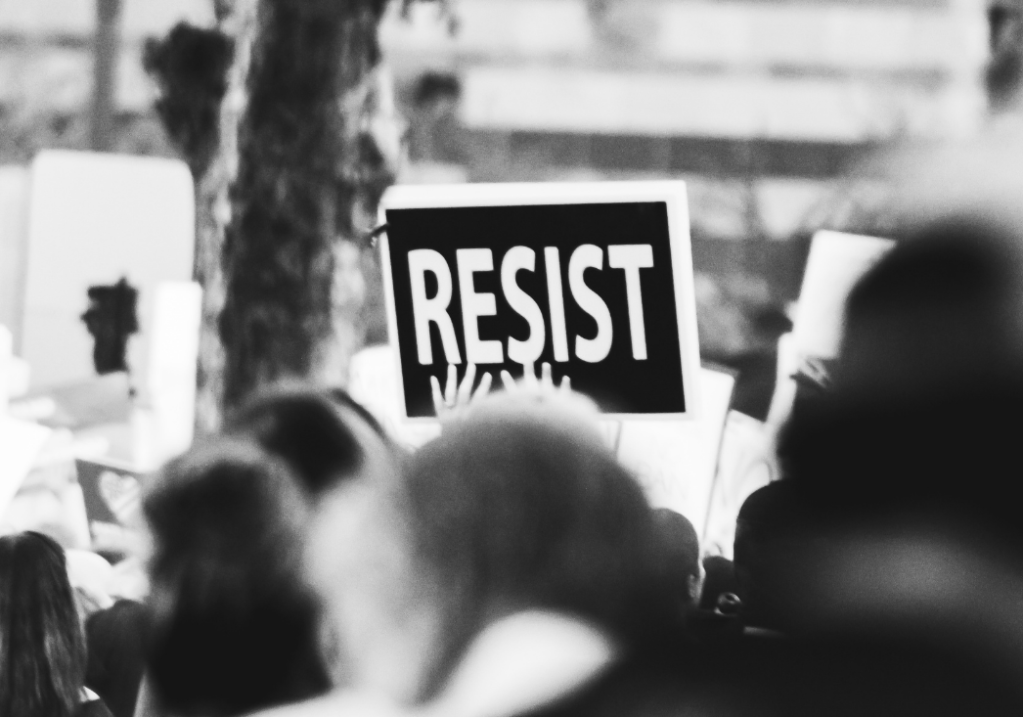(Content note: mentions of rape, sexual assault, suicide and violence)
I sit here writing with a star and a heart drawn on my hand. This is a result of watching “Moxie” on Netflix recently, a movie by Amy Poehler about a teenage girl who publishes a feminist zine at her school to fight back against the effects of patriarchy. Her friends join her, and Bikini Kill’s “Rebel Girl” features. If you haven’t seen it, watch it.
This was a timely movie to watch, given the current situation in Australia’s parliament. (News stories here will update you on the situation if you’re not aware – content note for discussions around rape, suicide and violence. Stories can be found here).
While I cannot march tomorrow, I am posting this in solidarity with the women who are marching in Canberra and in capital cities around the nation to demand accountability for those in power. Gendered violence is just one devastating effect of patriarchy, and one that leads to death and trauma. However, Dr Gabor Mate in this talk about addiction speaks directly about the experience of trauma, and suggests that it is not only violent events that cause trauma, but also the way the event is dealt with. If you cannot speak to anyone about the event because there is no one who is trustworthy or who will sit with you in your pain and grief, then this too is a trauma in and of itself. Extending on this idea, we can say that another effect of patriarchy is the Australian government’s refusal to respond to allegations, thereby gaslighting and traumatising people of all genders who have experienced sexual violence in our society. The government are supposed to protect our interests as a nation and be leaders we look to for safety. When the one who is supposed to provide safety inflicts harm, that creates trauma.
In spite of this reality, we also see resistances to trauma, both on a large scale and on a personal level. Larger scale resistances look like people publicly sharing stories of their own survival; the organising of marches and rallies to hold politicians accountable; coming forward with relevant information. Personal level resistances look like turning off the TV or the socials when it becomes too much; the signing of a petition or the writing of a letter asking for an inquiry; the pursuit of healing from our own traumas. First Nations women and women of colour are strong in their resistance by reminding us that if white women are struggling to get justice, that they have been seeking justice and experiencing the same traumas for hundreds of years. And in these resistances, there is hope – that we in our communities and relationships do not gaslight each other by refusing to acknowledge the damage. We offer our support to the extent of our own capacity. We help friends seek support when their needs exceed what we can offer. We ask for accountability from our leaders. In doing this, we preserve our values of justice and care.
Have you noticed ways that you or others are preserving your values of justice and care (or other relevant values) in this situation or in your relationships? What are they? What has helped you to do this? I would love to hear your thoughts.


